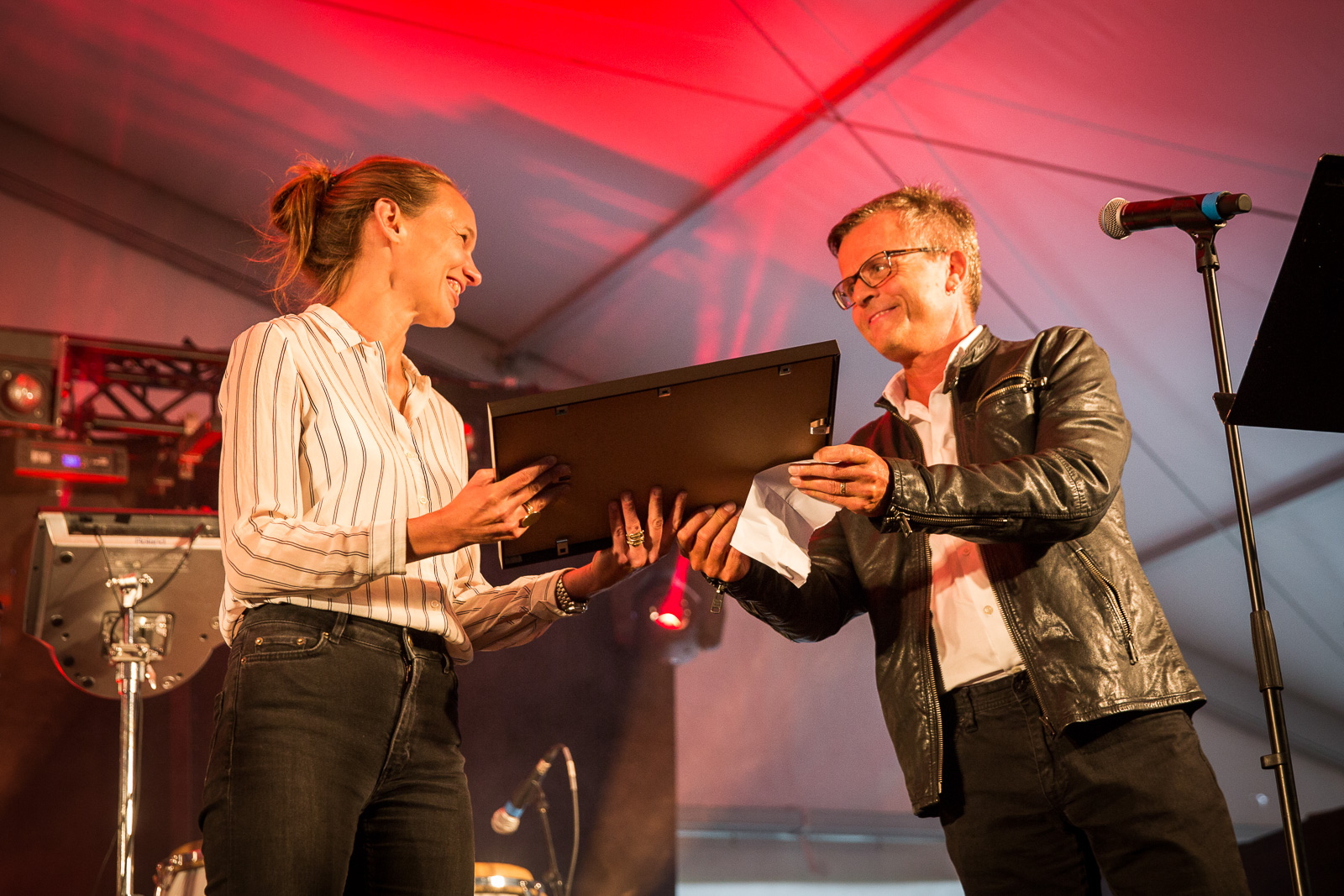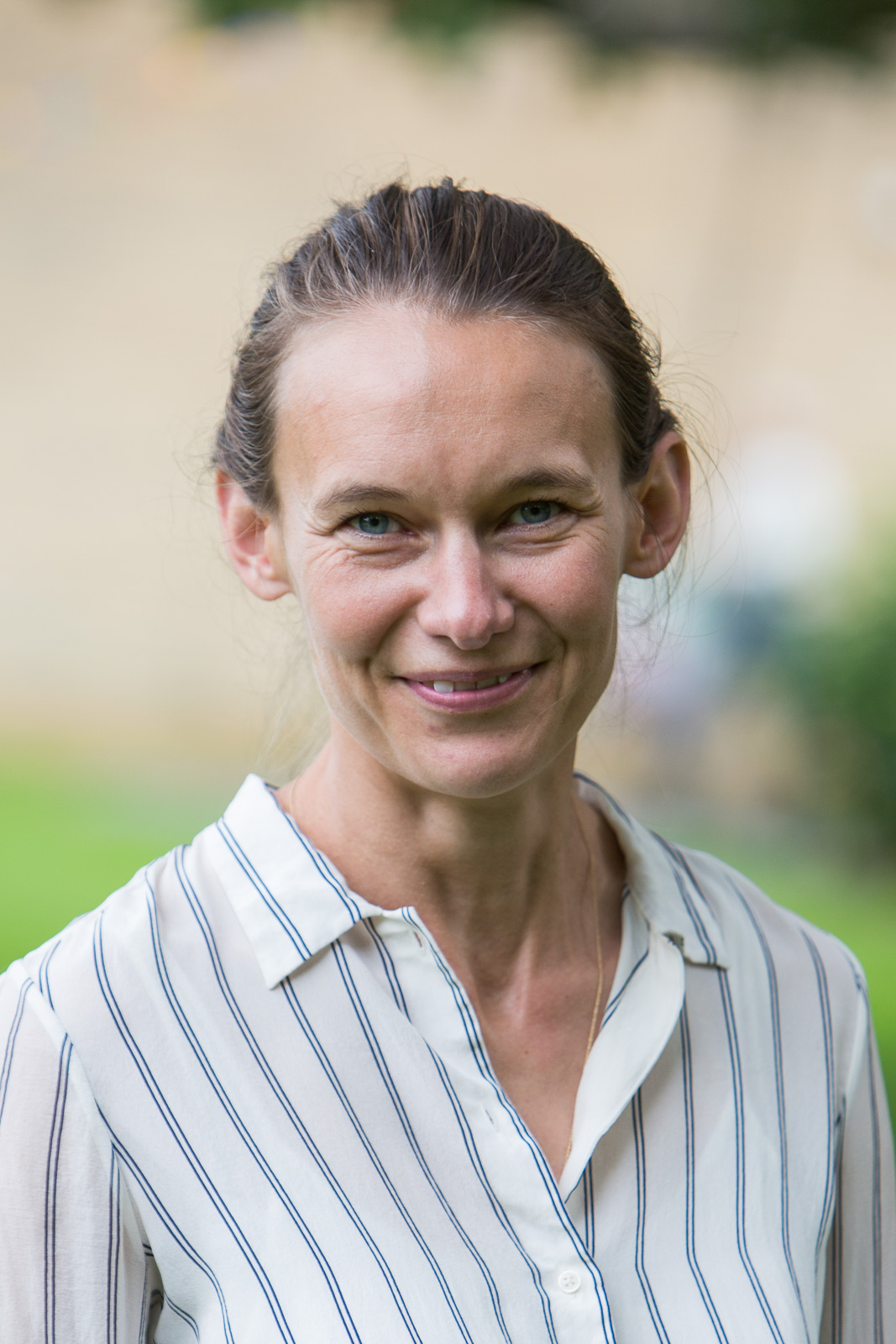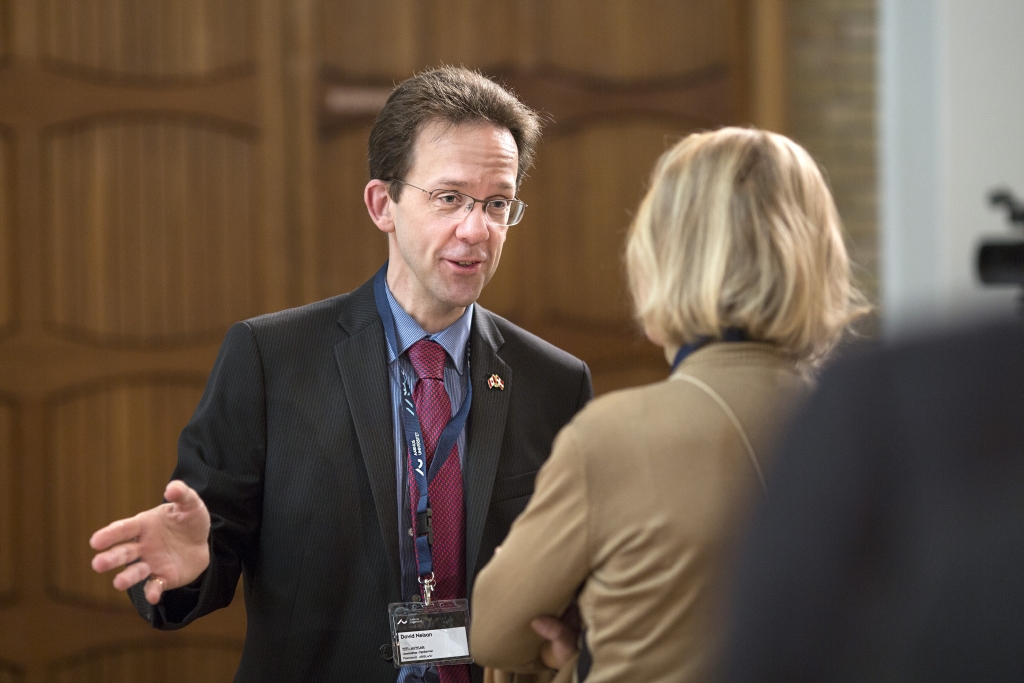Researcher of the year grateful for sharp criticism
Associate Professor in Political Science Helene Helboe Pedersen wins this year’s research award for her extensive research output within the topic of political representation and for her valuable contribution to Aarhus BSS as a lecturer, communicator and member of a number of working groups.


Today, when Helene Helboe Pedersen wins this year’s research award at Aarhus BSS, it is not without her colleagues’ help, good ideas and sharp criticism, which she believes characterise the research environment at the Department of Political Science.
Although receiving criticism for your work can be difficult for young researchers, Helene praises her colleagues for the way in which they commit themselves to each other’s research. Particularly after having collaborated with international researchers and spending time abroad, she has realised that there is something special about the environment in Aarhus.
“It’s been vital for me to work at a department where we share ideas and criticism. We benefit greatly from this mutual commitment and interest. I think the reason why Denmark boasts a relatively high number of successful researchers is that we’re willing to invest both time and energy into improving each other’s research designs and manuscripts,” she says.
This also implies being able to actively apply the criticism. It’s important not to get annoyed, break down or interpret it as a personal attack, as Helene puts it with a smile. As such, Helene’s advice for other ambitious young researchers is to be honest and not be afraid of presenting something incomplete that you are still not sure about.
“Take part in the events that are offered, make yourself available and dare to commit yourself - I think that’s the best advice I can give,” she says.
Award gives motivation to continue
For the same reason, perhaps, the winner of this year’s research award is very grateful for receiving an award like this, because it is a recognition of her delivering quality work and being on the right track.
“Research is about accepting criticism and improving yourself, so sometimes it’s actually really nice to get positive feedback that you don’t have to act on. Winning this award gives me a lot of positive energy and a motivation and desire to continue.”
She adds that is a bonus that the award is given to her by her peers:
“Even though Aarhus BSS is a broad school, we are fully appreciative of each other’s research conditions. That’s why it’s particularly significant to me that it is people from the school who think that I deserve this year’s award”.
Young research director who stays on track
The recommendation of Helene emphases her extensive research output, which includes articles in important international journals such as Journal of Legislative Studies, Party Politics, Journal of Public Administration Research and Theory and British Journal of Sociology.
Having received a Sapere Aude grant in 2015, Helene Helboe Pedersen now heads a group of five researchers. In the project RepStyle, they are studying the development and variation of the political representation. Based on the changed class society, the parties’ eroding societal foundation, and the revolutionised communication channels, they are exploring whether persons have become more important for representation than parties. Is Western Europe witnessing a personalisation of the political representation?, they ask.
“The current results show that party switching in Denmark is increasing, but does not yet occur to a significant extent. Party organisation, on the other hand, is important. Political parties with a top-down organisational structure are able to e.g. get their candidates to run a more party-oriented campaign. In the same way, the election systems affect what kind of representation we get. In the UK, politicians are generally more oriented towards the individual constituency. This is especially true for politicians who are not sure about being re-elected. In Denmark, however, constituency-orientation is weak. Politicians uncertain about getting elected instead choose to emphasise their personal qualifications. The personalisation is thus expressed differently depending on the political parties and political institutions,” explains Helene.
In her role as research director, Helene is responsible for steering the group in the right direction when her enthusiastic colleagues are going full speed ahead. This is also pointed out in the recommendation, where she is described as “a determined and dedicated researcher from whom the department expects a great deal.”
Helle herself has this to say on her role as research director:
“The biggest challenge is to stay on track and not get carried away by a thousand of new ideas. Researchers are incredibly highly motivated, so managing them presents very few challenges. Rather, the issue is how to reward their motivation. That’s why it’s not enough simply to discuss our data collection methods. We must also make sure that we create an environment in which we can have fun and develop ideas. After all, that’s what really drives us.”
